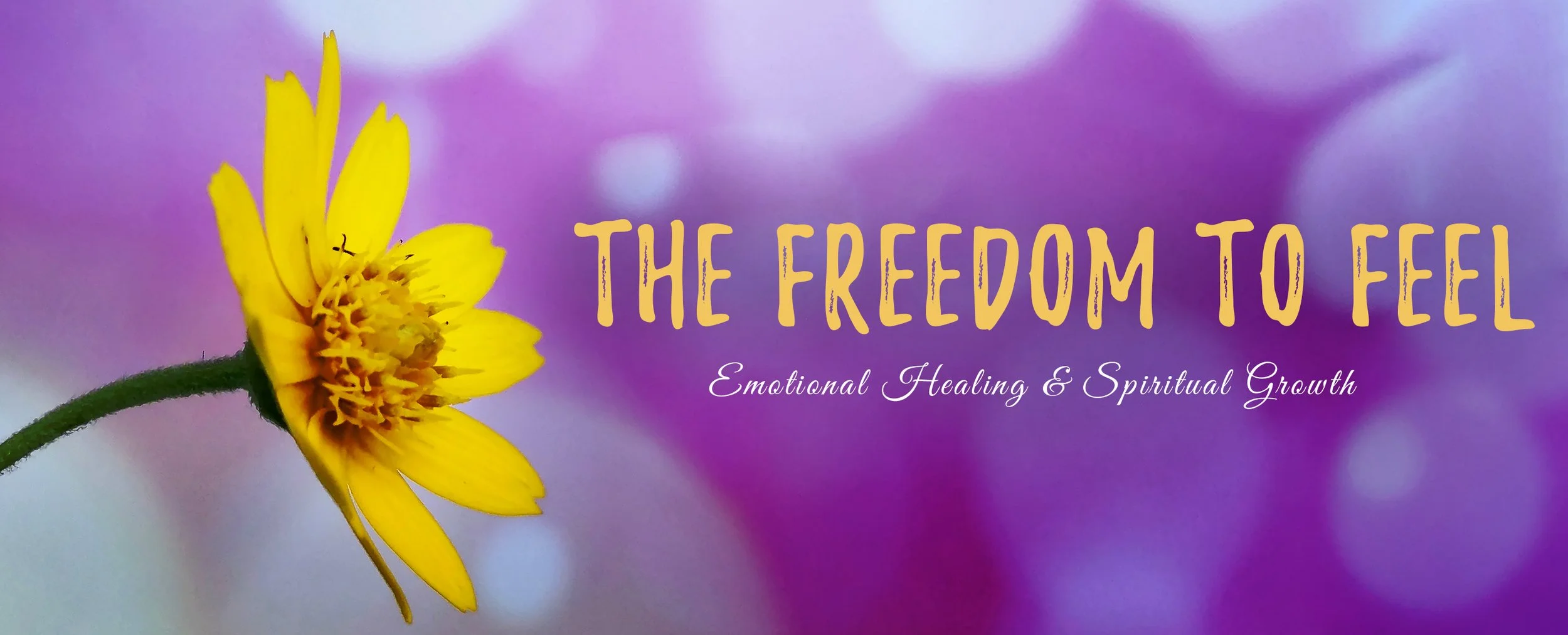When you say the word “seaweed,” most people think about sushi or other exotic dishes. The nutritional value of seaweed is something that is vastly ignored and overlooked in everyday cooking. This is one superfood you’re probably not eating much of, but you should be!
The 7 Best Benefits of Seaweed
Seaweed is packed with iodine. You won’t find many other natural sources. We don’t get nearly enough of this nutrient, and your thyroid depends on it to keep your hormones in balance.
Your heart loves seaweed. A lot. Some of the longest lived (and heart-healthy) populations on the planet get a large portion of their vegetable intake from seaweed, and their tickers are in great shape in old age.
The lignans (converted to phytoestrogens) in seaweed may help block chemical toxins that mimic human estrogen that have been linked to a higher risk of breast cancer.
Researchers found that seaweed protects the lining of your gut and improves your overall beneficial gut bacteria.
The algae is a great source of fiber, which helps with digestion, makes you feel full, and aids in the absorption of other nutrients.
It is a powerfully nutrient-dense, low glycemic index food. With 20 amino acids, more than 60 trace elements, and 13 essential vitamins (including calcium, vitamins A, C, and K), that is lots of nutritional bang for your calorie buck. Seaweed is a great choice for diabetics and those who are working to control their weight.
It naturally detoxes the body from heavy metals and environmental pollution. Current studies are focused on possible benefits to smokers, using seaweed to detox from tobacco chemicals. I learned recently that seaweed has the most similar chemical composition to human blood. It makes sense that it would work well as a blood purifier.
Even a minor deficiency in iodine can result in extreme fatigue, poor immune function, mood swings or other behavioral issues, and obesity as your thyroid struggles to cope. The nutritional value of seaweed (which includes being naturally anti-inflammatory) is a bonus for each of these conditions, whether they’re caused by too little iodine or not.
Seaweed is a great food to eat post-illness (in soup, salad, or shakes) to help get your body back on track and replace the nutrients you lose when you’re sick.
The most common varieties of seaweed include…
Kelp — the brown algae you see at the beach.
Nori — the classy stuff your sushi is wrapped in.
Wakame — green and found most often in dehydrated form.
Dulse — red seaweed that tastes like bacon (yes bacon) when you fry it.
Arame — black seaweed that resembles noodles.
This is how I use seaweed: I rehydrate it in warm water. Once it’s hydrated for 10 minutes, drain the water and then rinse with hot water, then rinse immediately with cold water.
You can use it in a salad with avocado, sesame seeds, red onion, and pistachios. Drizzle with, lemon, salt & pepper and you’re done.
I also add it to soups and mixed green salads in this form because it adds a slightly smoky flavor and packs more nutritional value than parsley or chives.
You can have sushi, but then you won't get enough seaweed and you’ll end up with a lot of rice soaked in sugar!





